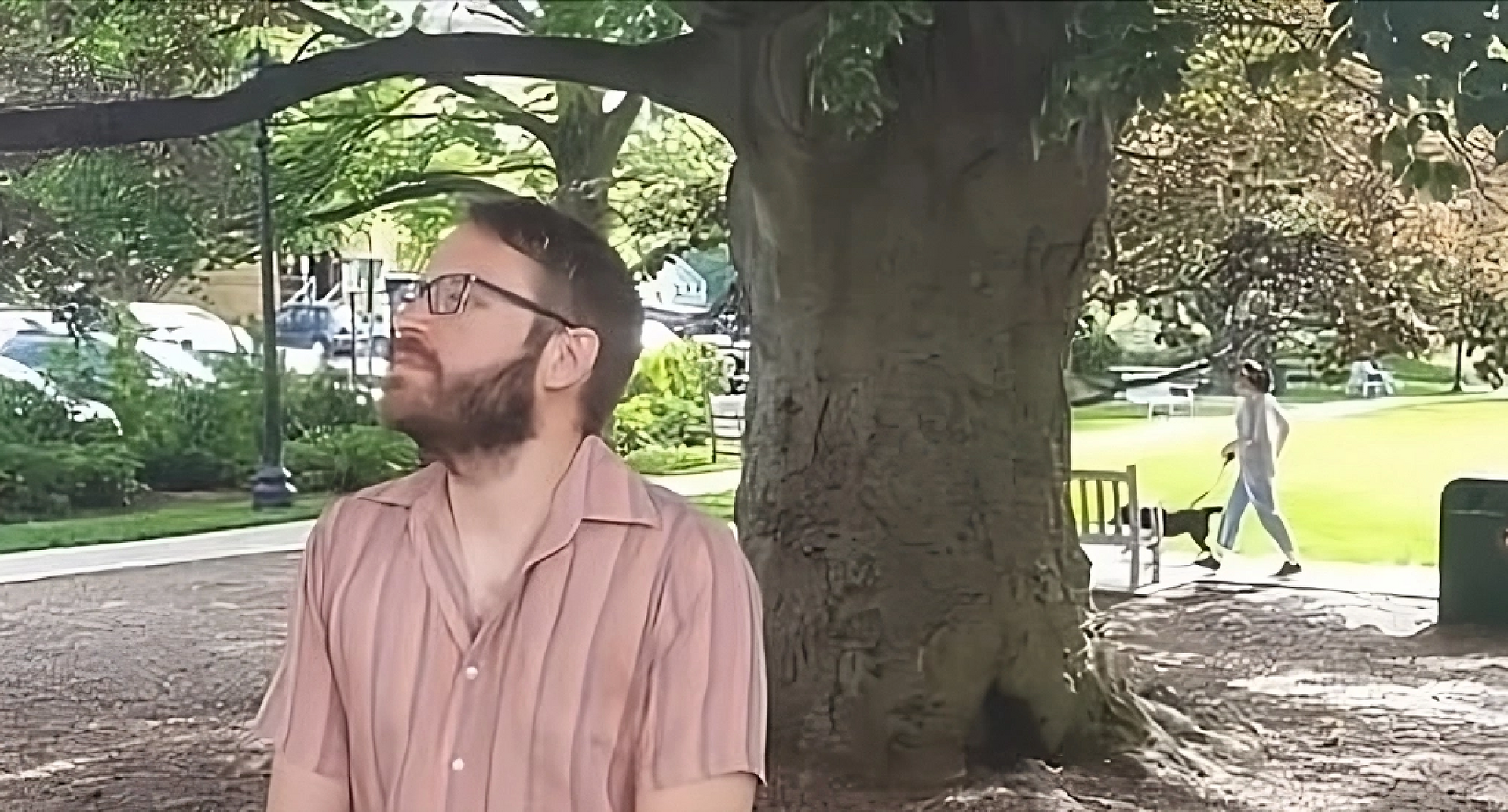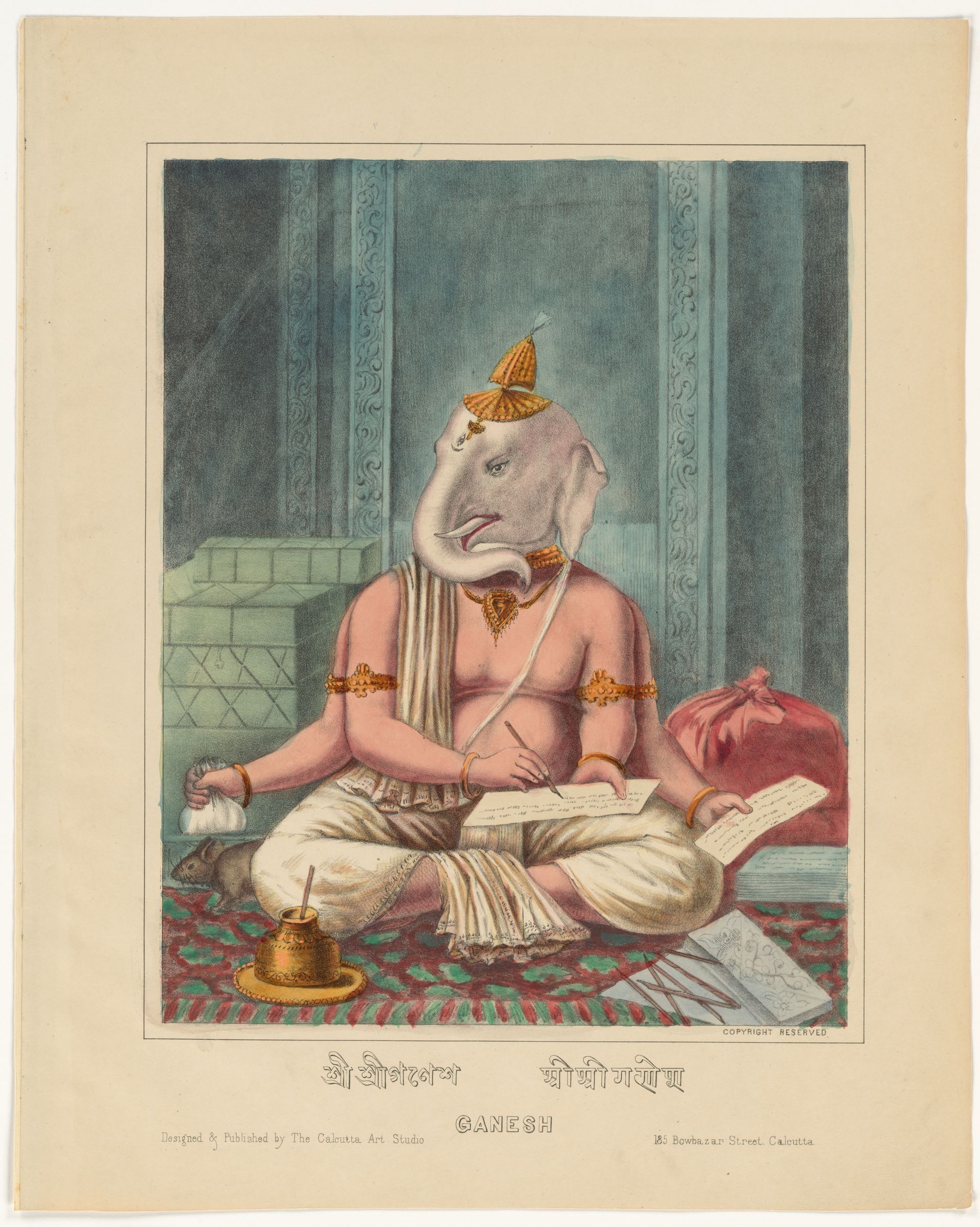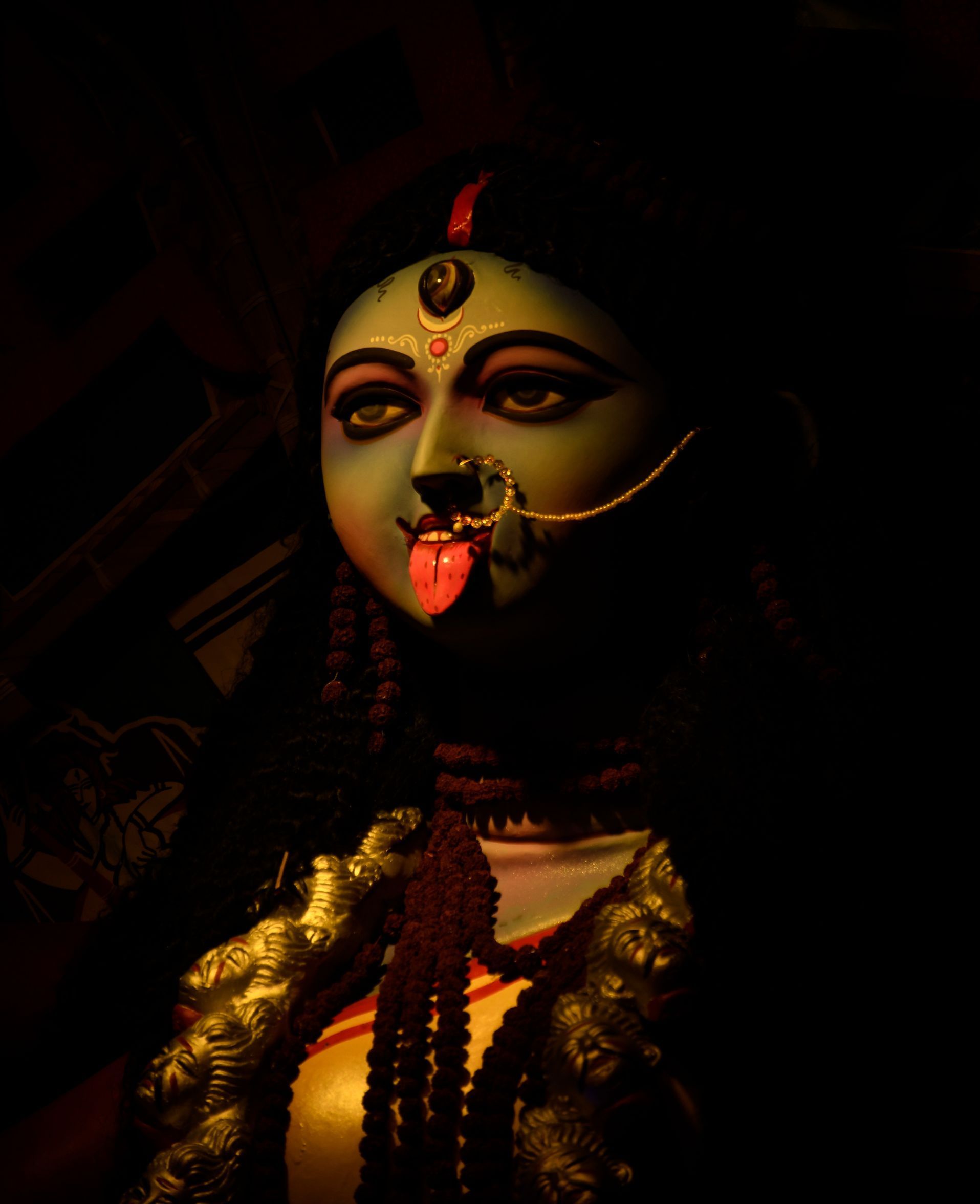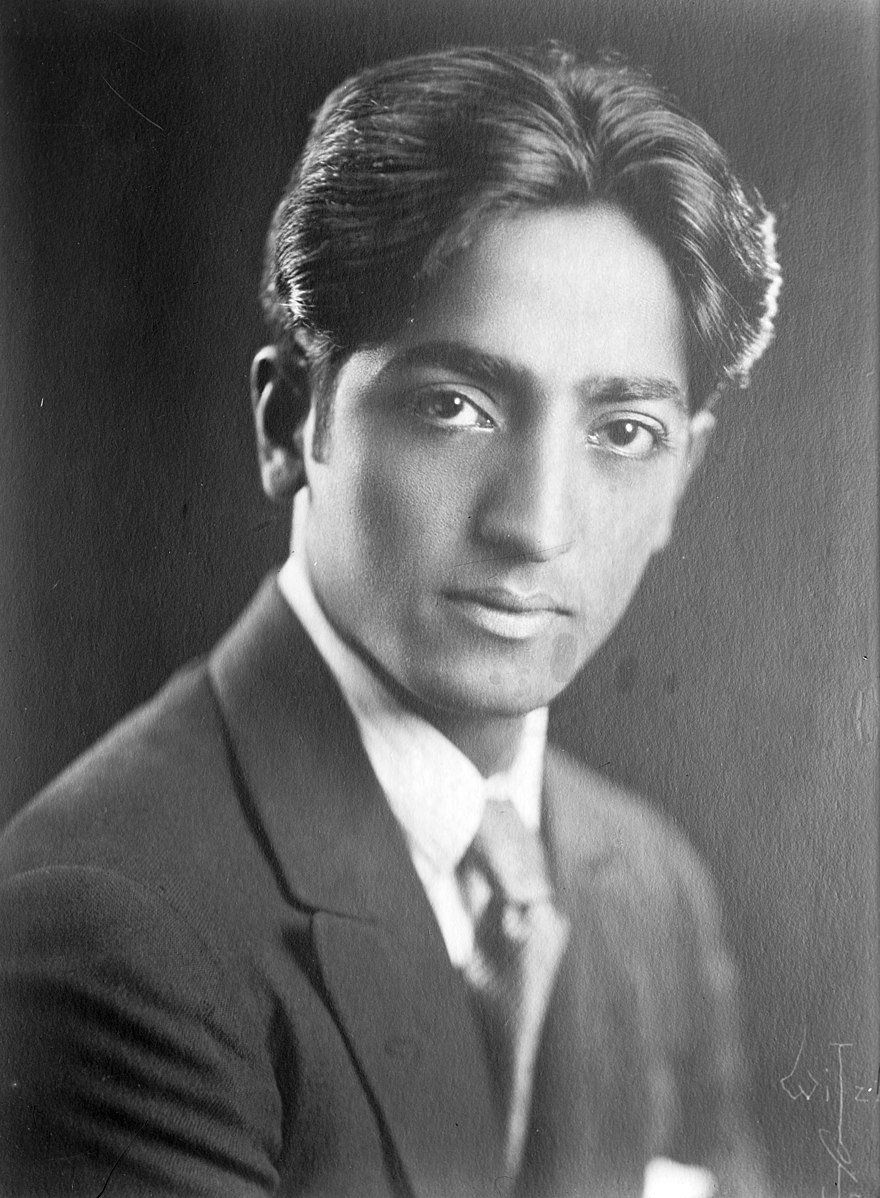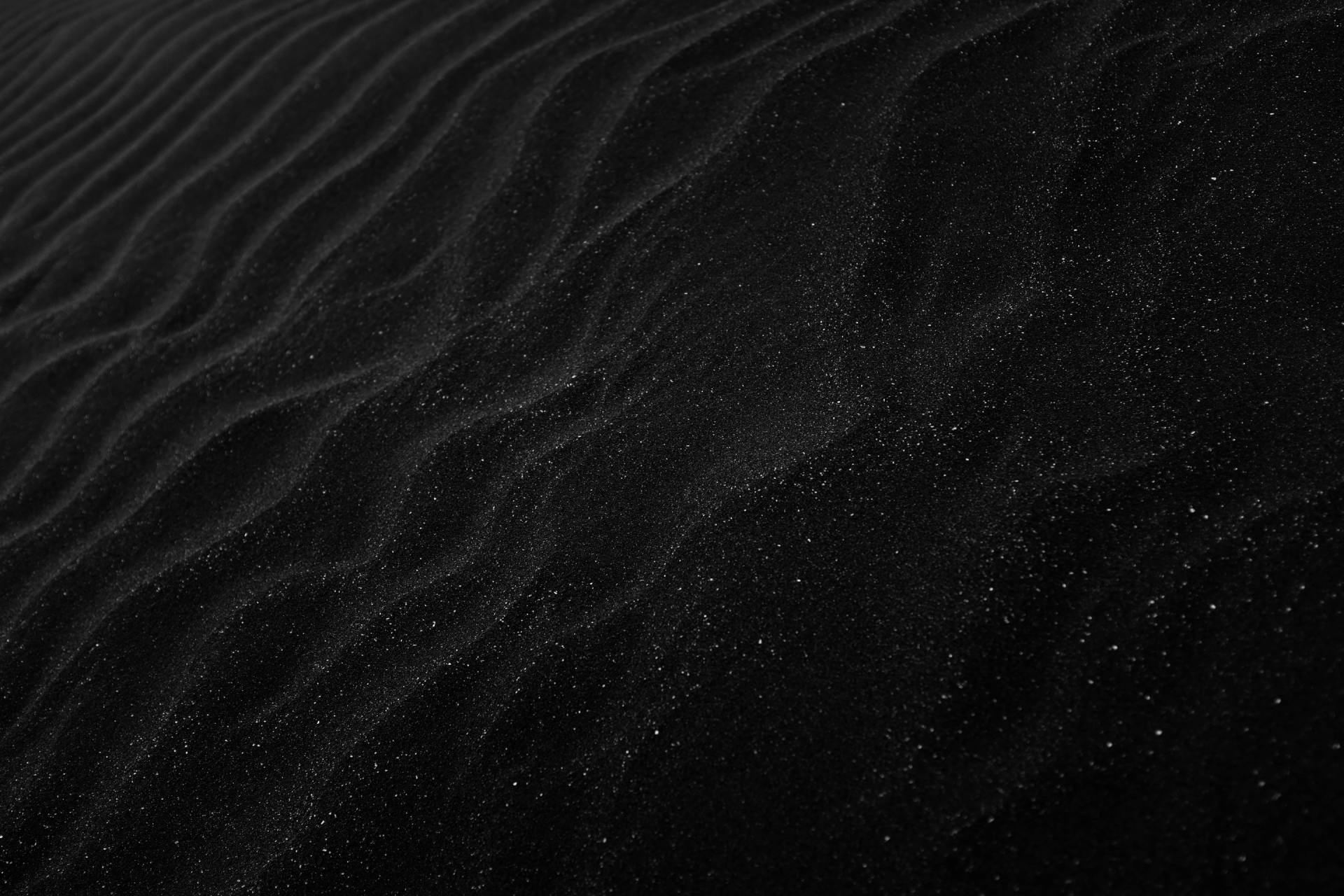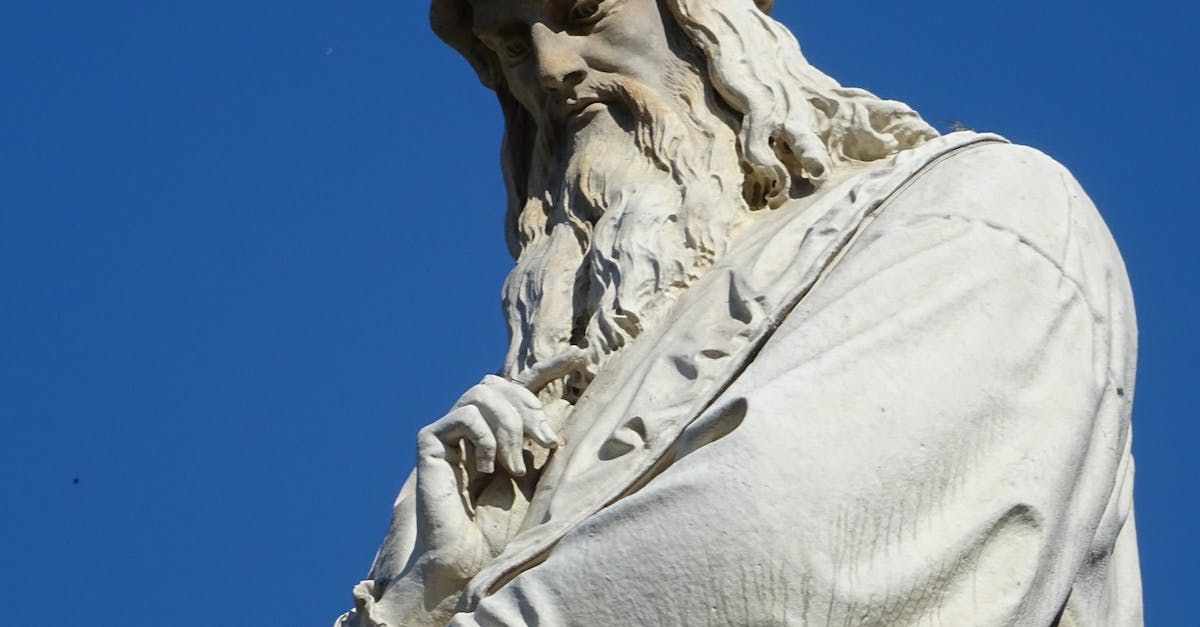Technology, our death, and religion
Either mythologized or technologized for entertainment, the mystery of our mortal nature will not go away. Or perhaps it will, when we start asking the right questions. Here's a few:
Is existential pain real for me? Am I anxious about the present? Are future perspectives terrifying? Is my life precious if I am not a millionaire? Am I competent to solve the problems of the world because I am famous or a billionaire? Can I solve the problems of my community when I haven't solved my own? What is real freedom? Is stupidity a virus? Is there a vaccine against existential Angst and fear of death? How not to die now? Is everything I have learned of service to me? What is not serving me? Will I die if I discard borrowed knowledge and start inquiring about existence myself?
Questions are endless. Hopefully, our bodies are not.
Technology claims to liberate us from the crude reality of the Dasein, the state of being here, geworfen, jeté, thrown into one single frail body. Yet, technology is nothing but a discourse (logos) on doing (technè), and must borrow a bit of immortality to religion to sustain itself and charm us. Religion never eludes death.
What we want, what's eating us up and causes us to document our lives endlessly with our smartphones is a religious temptation, the possibility that we may not be as finite as we think (without being able to prove it because reality, biological life, and viruses demonstrate otherwise).
Despite the many scandals and obvious obsolescence of its cosmologies, religion will keep on thriving. Not religion as a political institution, not "man-made" religion, not religious mythology (although majestic, hardly understood, and transcended), but the act of being religious, of bringing a sacred quality to life, of operating an inner revolution, of relating to what lies beyond the obvious, because what is obvious does not work anymore.
"Obvious" doesn't work anymore
Here's an obvious fact: the Corona virus varies, chokes people to death, and requires extreme caution to protect ourselves and to protect others, but we keep holding on to the past and pretend Christmas, New Year's Eve inebriated celebrations, our business trips, Instagram relevancy, or our "vacay" are more important than what supports them: our physical integrity.
Apparently, we enjoy deriving our sense of self from the body, while we virtualize and endanger it. "Obvious" doesn't work anymore. Life is complex or maybe not. Maybe we need a faster aletheia, a mass awakening and pain will help with that.
Poetry will not cure Covid-19 and will not make up for our defective intellects, but poetic being is close to religious being.
Poets are extremely sensitive because they experience the body a lot and as a Poet starts to mature, s(he) realizes the body contains wonders and nightmares which cannot be lived without other bodies. With all its thoughts and emotions, the body is a temple of interpersonality for us, poets.
As for religious people (the real ones), they experience oneness, an elusive quality of consciousness, and treat the body as a shrine too. Not a shrine of personal thoughts, drives, and emotions, but a sanctuary for the absolute. A vehicle for self-realization: the purpose of life. What real mystics identify as the Self, others call it “God.”
Sensitivity to life is religious and poetic. The Poet is interpersonal. The mystic is impersonal. One is on its way to the other. For both, otherness is an essential aspect of the human experience, a doorway to reality, the absolute: life.
If technology does not reflect or enhance reverence for life, we need to get rid of it.
Augmented living and a dream about the Gods
One of {R}’s editorial members had a fascination for a ritualistic object from India called Yantra. The word Yantra means "barrier," "reins," "lock," "guide," but also "machine," "constraint," "restraint," "bind" and conveys the idea of strength (see Sanskrit-French Dictionary,
Inria).
Devotees pray before yantras, bathe them with perfume, milk, and other precious substances, and offer flowers to them. Why the need to propitiate objects and why are we talking about this? Yantras are devices of worship.
Our obsession with augmented living and robots is not new, yantras dating back to the early stage of tantric worship of the Goddess thousands of years ago.
So, for some psychological reason {R} encourages you to explore, our collective unconscious links divinity, immortality or eternity to the machine, the mechanic.
Machines are "a complex and manufactured object which transforms one form of energy into another and uses this outlet to trigger an effect, to act directly on the object of work for modification according to a fixed goal." (Translation
CNRTL)
Internet is a meta-machine. Pondering over the definition above again, having internet and social media in mind will start the aletheia.
